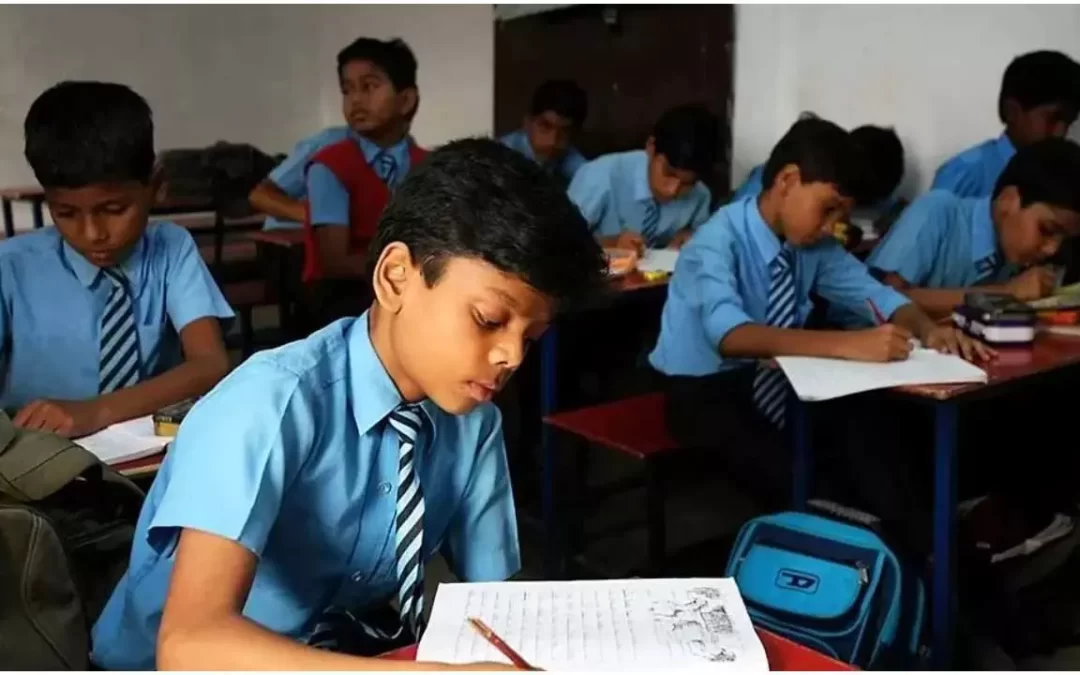The Union government’s decision to abolish the ‘no-detention policy’ for Classes 5 and 8 has sparked a significant response, with Tamil Nadu declaring that it will not implement the change in state-run schools.
Tamil Nadu’s Stance
Tamil Nadu Education Minister Anbil Mahesh Poyyamozhi criticized the Centre’s move, describing it as a potential “stumbling block” for students from underprivileged backgrounds. The minister reaffirmed the state’s commitment to the current system of automatic promotion for these classes, emphasizing that the Centre’s directive would not affect Tamil Nadu’s schools, except those directly under central jurisdiction.
“As far as Tamil Nadu is concerned, we have not implemented the National Education Policy (NEP) and are in the process of drafting an exclusive State Education Policy,” the minister said, according to Deccan Herald. He assured parents, students, teachers, and educationists that the state’s policy of no detention will remain unchanged, aligning with Tamil Nadu’s long-standing efforts to ensure equitable access to education for students from rural and underprivileged areas.
The Centre’s New Policy
The Union government’s decision to scrap the ‘no-detention policy’ was made official through amendments to the Right to Education (RTE) Act in 2019. The policy allows schools governed by the Centre to hold back students in Classes 5 and 8 who fail to meet promotion criteria after regular year-end examinations and subsequent re-examinations.
Key provisions under the revised policy include:
- Re-Examination Opportunity: Students who fail the regular exams will be given additional instruction and the chance to reappear within two months.
- Holding Back: If a student fails the re-examination, they may be held back in the same class.
- Support and Guidance: Teachers are required to provide specialized guidance to the child and their parents, addressing identified learning gaps during the holding-back period.
Despite the policy change, the government has clarified that no child will be expelled from school before completing elementary education.
Broader Implications
The Centre’s policy aims to improve learning outcomes by holding students accountable for their academic performance. However, critics argue that it may disproportionately affect underprivileged children, who face systemic barriers to education. Tamil Nadu’s decision to retain the ‘no-detention policy’ underscores its focus on educational inclusivity and ensuring that students from marginalized communities are not deterred from completing their studies.
This divergence highlights the ongoing debate between uniform national policies and the need for localized approaches to education reform.





